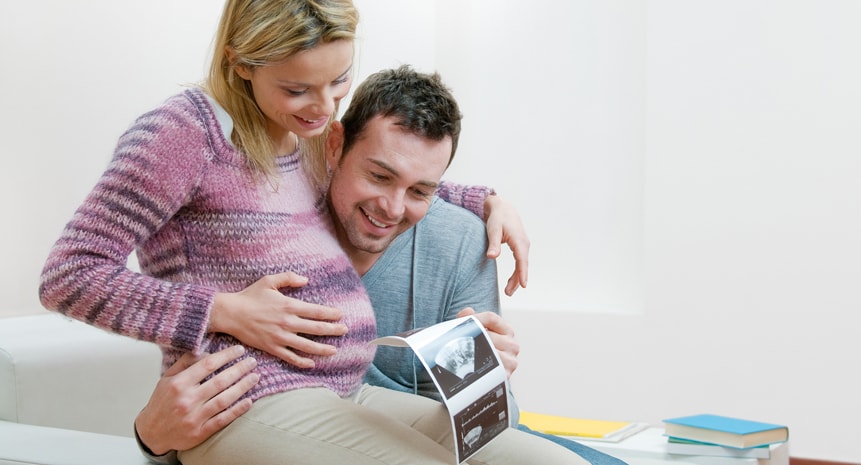
When you’re pregnant, thinking about your oral health might be pretty low on your list of concerns – but don’t let your dental hygiene fall by the wayside. Keeping your mouth healthy is even more important during pregnancy, as your oral health can affect the health of your growing baby, and vice-versa.
What to Do
- See your dentist for regular checkups and cleanings
- Tell your dentist you’re pregnant
- Tell your dentist about any medications or supplements you’re taking
- Continue to brush, floss, and use mouthwash daily
- Tell your dentist immediately about any oral changes
- Maintain a good diet
What Not to Do
- Snack frequently throughout the day without brushing afterward
- Avoid the dentist
- Take medications that aren’t considered safe for pregnancy
Risk Factors
- Gingivitis is more common during pregnancy (approx. 40% of pregnant women develop periodontal disease)
- X-rays can be done, but should be performed with extra precautions
- Morning sickness can damage your teeth and cause “tooth erosion” – rinse your mouth out after vomiting if possible
- Cavities are more likely due to increased acid in the mouth
- Women with periodontal disease are more likely to give premature birth or to babies with low birth weight (before the 37th week or under 5.5lbs)
- Periodontal disease is linked to preeclampsia, which can cause strokes and kidney failure in mothers and necessitate premature delivery
- It is considered safe for women to be treated for periodontal disease into their 2nd trimester, but the most effective method is treatment of periodontal disease before pregnancy
- Tooth decay or bad bacteria can be passed on to a growing fetus; if you’re pregnant and have cavities, you increase your child’s risk of developing early tooth decay
Preventing Complications
Ideally see you dentist before you become pregnant in order to prevent any complications between your oral health and your pregnancy. Treatment of dental issues is considered safer in the second trimester or early in the third trimester; during the first trimester, the child’s vital organs are developing, and are more likely to be affected by exposure to medications, chemicals, etc.
In the last half of the third trimester, the uterus becomes sensitive to stress and infections transmitted by the mother.
